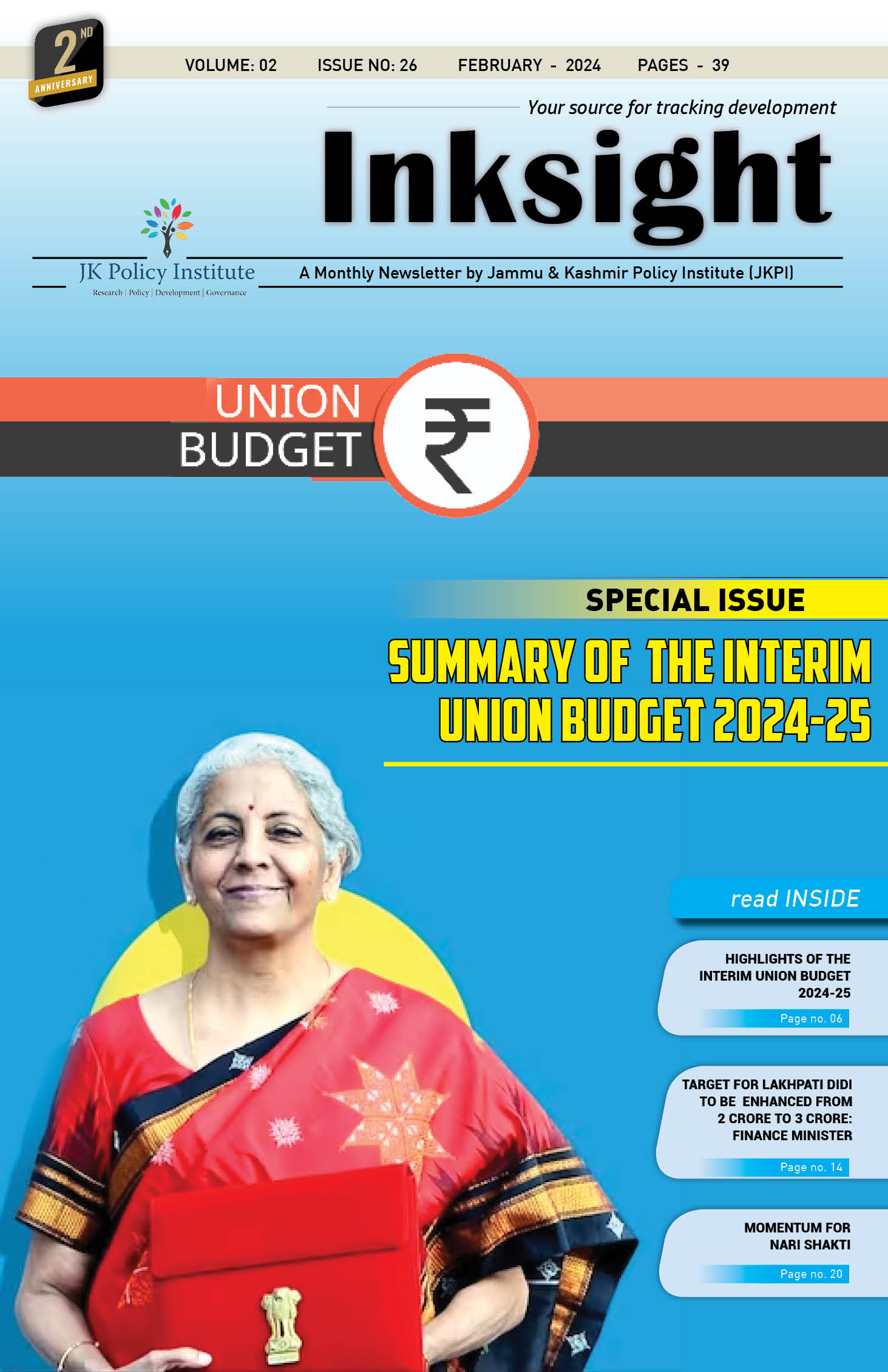Smart energy measures, in the form of the installation of “smart meters” in Srinagar and Jammu, taken by the J&K Union Territory were met with resistance by the people of both cities. The consumers perhaps did not understand the technical concept of smart meters, as the Power Development Department put it, “they will prevent human intervention in billing/collection and subsequent reduction in Aggregate Technical and Commercial (AT&C) losses”. And then after some time, there happened to be some sort of agreement within the circle of consumers that “smart meters” will ensure “smart electricity” and this comforting prospect comforted them, but the Novel intervention did not, in any way, solve the power woes, especially in the harsh winter. It could not, and it has not.
It goes without saying that the measures like fool-proof accounting of the electricity consumed by the people cannot be overlooked for long. But it is also true that the governments too will have to start keeping their promises of providing quality 24×7 electricity supply – something that successive dispensations have so conveniently reneged on continuously.
The big picture
A few years back the then Union Minister for New and Renewable Energy, Dr. Farooq Abdullah, had said that in the next ten years Jammu and Kashmir “will be generating 20,000 MW of power by harnessing solar energy alone”. And then he went on to explain the great promise solar energy had as a clean and lasting energy. On the face of it, whatever he said about the potential that the erstwhile state has regarding solar energy was entirely true, but thus far the region has hardly seen any worthwhile progress on the solar energy front. During senior Abdullah’s tenure as the central minister, his ministry may no doubt have helped some students’ hostels or shrines and temples here and there to set up solar water heaters, but nothing much was done to harness solar energy for generating power for the power-deficient Jammu and Kashmir. True to his character, Abdullah did grab media attention when he made the claims, but then everybody also knows that he was not the one who took his claims and promises seriously enough to follow them up with concrete action.
Jammu and Kashmir is one of the few places on the face of the earth that has the tremendous potential to become an energy giant. Its topography and climatic conditions have bestowed it with abundant water resources in the form of snow-clad mountains and frozen glaciers that are a perennial source of water for countless mountain streams and rivers in the Himalayan region. Together with the unique landscape here, which is generally mountainous, the erstwhile state (now a Union Territory) is ideal for the generation of what is by and large not only one of the cheapest forms of conventional energy but also relatively very clean – the hydroelectricity.
Understandably the successive state governments have all along informed people here about the great potential of this energy and promised the moon and stars that this energy, once harnessed, could actually bring them. Only an insane would doubt such assertions because energy is one of the most sought and marketable ‘portable economic commodities’. Several countries in West Asia and Africa and elsewhere, despite suffering a huge developmental and technological lag, are prosperous because they are gifted with potable energy sources in the form of natural oil and gas. Jammu and Kashmir too could have progressed and prospered if only it was able to tap and market its energy base. But it did not happen.
Why?
Well, this is something that needs a lot of explaining from all those people who have until recently occupied the echelons of political and executive power here. Today they may be crying helplessness, but this is not how they have been, always. When they were in a position to change the energy- and with and through it the economic landscape of Jammu and Kashmir, they busied themselves in proverbial beating around the bush, mastering rhetoric “…we have potential to generate over 20,000 MW of hydro-power”, but nothing substantial is being done to harness this potential.
Jammu and Kashmir also has enormous potential to generate power using solar energy. When Farooq Abdullah took over the Ministry of New and Renewable Energy, those who knew what it could mean for the state, were upbeat and enthused that this could well bring a huge turnout to make Jammu and Kashmir energy surplus. But all those people have been proved wrong.
No wonder that people are not very hopeful if the region may, in near future as well, reach a stage wherein it could suffice even the local energy needs. Although J&K does generate a lot of hydroelectricity even today, instead of fulfilling the local requirements, the same energy is supplied to mainland India to light homes and drive super-engines of industrial development there. Blame it on the discriminatory 1960 Indus Waters Treaty as well as the state’s inability to invest in, and harness its energy potential, the fact of the matter remains that Jammu and Kashmir, which should have been an energy giant remains a pauper when it comes to harnessing.
In all these matters it is easy to point fingers at New Delhi’s “discriminatory” and “exploitative” policies, but the successive state governments too cannot escape the blame for their inabilities and inefficiencies. This is exactly where Dr. Farooq Abdullah must share the responsibility of failures because it has been his National Conference that has ruled J&K longer than any other party, and he himself remained in the driving seat for a long — first as Chief Minister, and then as Union Minister for New and Renewable Energy.
In the new scheme of things, Jammu and Kashmir, as a Union Territory, is directly administered by the Centre. The Lt. Governor-led administration too has been making very loud claims and promises – that “it would realize in few years what has not been achieved in the last seven decades” – it remains to be seen as to how this dispensation fares in terms of meeting not only the domestic energy needs but also leaving J&K with some surplus energy to take care of its other economic needs. Natural resources are there, in abundance, what is needed is the political and administrative will to harness this potential of these resources which could certainly change J&K’s socio-economic profile for good.





Leave a Reply
You must belogged in to post a comment.